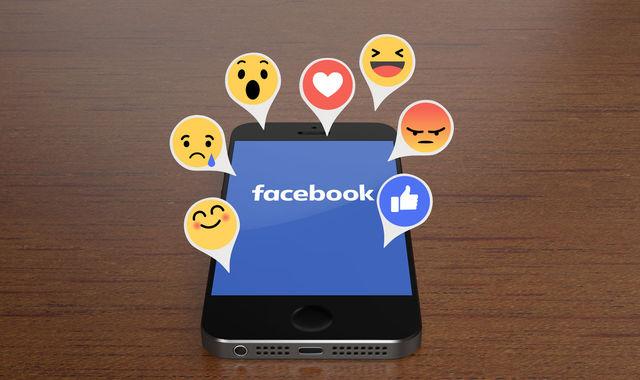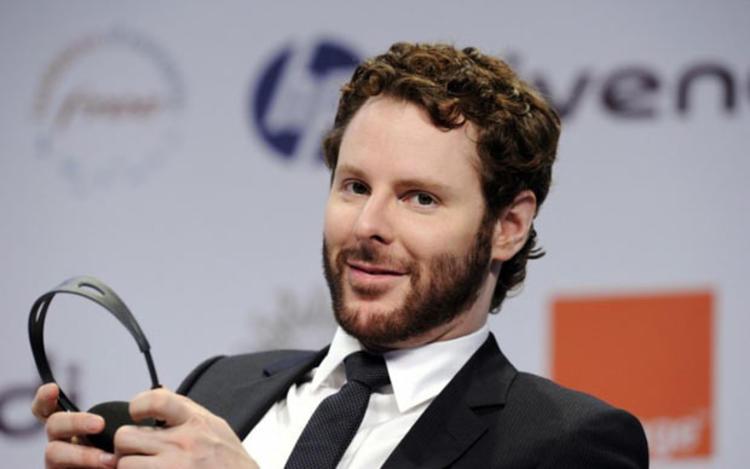
Shawn Parker, the former president of Facebook, recently made some controversial remarks that suggested he might one day take on a title like "Zuckerberg." As someone who was deeply involved in the company’s founding, his words carry weight.
This week, Parker attended an event hosted by Axios in Philadelphia as a founder of the Parker Institute for Cancer Immunotherapy. The focus of the event was on advancements in cancer treatment, but after the main discussions, Parker took to Facebook to share his thoughts.
He recalled a conversation from years ago when he warned the Facebook team about potential issues with social media addiction. “At the time, I told them they would eventually face problems with people being addicted to social networking,†he said. “They responded by saying no, that they valued real life, cherished moments, and time with loved ones. I told them it was because they were in the system, but one day, they would become addicted.â€
Parker revealed that the original goal when Facebook was created was to maximize user time and attention on the platform. To achieve this, features like the “Like†button were introduced. “These features are like dopamine injections, encouraging users to post more and engage more frequently. And I, along with Zuckerberg and Kevin Systrom of Instagram, understood this and intentionally designed it that way.â€
“This is a form of social connection. Only people like me, who are hackers, think about exploiting human nature in this way,†he added, emphasizing his role in shaping the platform’s design.

Shawn Parker.
Parker has a long history of hacking. He started coding at the age of 7 and, by 16, had already hacked into a Fortune 500 company’s website. The FBI eventually tracked him down via an IP address, but since he was under 18, the court only required him to do community service.
He became a multimillionaire after creating Napster, the infamous MP3-sharing site. However, his biggest financial success came from Facebook. In 2004, he met the Facebook founders and helped bring in Peter Thiel, a prominent Silicon Valley investor. He became the company’s first president, and Zuckerberg later credited him for transforming Facebook from a college project into a real business.
A year later, Parker was arrested for hiding heroin and subsequently left Facebook, giving up half of his shares. Despite this, he still held 2.6 billion dollars worth of stock. In 2015, he used part of his wealth to establish the Parker Foundation, which supports projects in life sciences, public health, and civic engagement.
“I may not even know what the full consequences of my actions will be,†Parker said. “When a social network has billions of users, the impact of its features can be unpredictable. It changes how we interact with each other, how we relate to society, and even our productivity. God only knows what it could do to children’s minds.â€
Parker’s comments seem to hit close to home for Facebook, especially given recent controversies. In September, it was revealed that Russian hackers used Facebook to run targeted ads on sensitive topics such as immigration, race, and gun rights during the 2016 election. These ads were seen as fueling division and were considered a factor in the election outcome. Foreign interference in U.S. elections is strictly prohibited.
Last month, Facebook was called before Congress alongside Twitter and Google to explain their role in the 2016 election. The investigation is ongoing.
Parker isn’t the first to voice concerns about the tech industry’s influence. Tristan Harris, a former Google employee, left the company to speak out against the growing power of big tech, arguing that people’s thinking has been “kidnapped†by these platforms. “We didn’t want to be less free,†he said.
Temperature Sensor,Ambient Temperature Sensor,Air Temperature Sensor,Fuel Temperature Sensor
Xiaogan Yueneng Electronic Technology Co., Ltd. , https://www.xgsensor.com